Symposium speakers
Symposium chairs and speakers from N to Z
Get to know the project coordinators and panellists of the main plenary session here
Get to know the symposium speakers A-M here

Samantha Nesrallah
EAT / CO-CREATE

Margot Neveux
World Obesity Federation
Margot Neveux holds a BA in Global Health and International Comparative Studies from Duke University, an MPH from ICL and is currently pursuing an MSc in Clinical and Public Health Nutrition at UCL. In parallel, Margot is working as a Senior Policy Manager at World Obesity Federation (WOF) where she has been since 2018. Margot has been working across WOF’s global advocacy and childhood obesity portfolios, which included working across the two Horizon-2020 projects STOP and CO-CREATE. Dedicated to making the voices of youth more prominent in global NCD plans and responses, Margot has also been actively working towards increasing youth representation and engagement in World Obesity’s work.

Kate Oldridge-Turner
World Cancer Research Fund International
Kate Oldridge-Turner is Head of Policy and Public Affairs at World Cancer Research Fund International and leads the organisation’s policy work in areas related to diet, weight and physical activity and cancer and NCD prevention. Kate has a background in Human Rights Law and social policy and has worked in a range of sectors including food and physical activity policy.

Eleftheria Papachristou
ICH, Greece
Eleftheria Papachristou is a dietitian interested in child nutrition. She is currently involved in Best-ReMaP JA, as a junior researcher.

Dr Elisa Pineda
Centre for Health Economics and Policy Innovation Imperial College London
Elisa Pineda is a Doctor in Epidemiology and Public Health Nutrition. She works at the Centre for Health Economics & Policy Innovation (CHEPI) and at the School of Public Health at Imperial College London. Her current research focuses on the food environment and the prevention of non-communicable diseases. Among the projects that she is involved with are the Science & Technology in Childhood obesity Policy (STOP) Project and the NIHR Global Health Research Unit in Cardiovascular Disease & Diabetes among South Asians. She has also worked as a consultant at the World Health Organisation (WHO) and the UK Health Forum. Elisa holds a PhD in Epidemiology and Public Health Nutrition from University College London (UCL), an MSc in Nutritional Science from the Food and Development Research Centre (CIAD) in Mexico and a BSc in Chemical-Biology with a speciality in food technology from the University of Sonora in Mexico.

Dr Maartje Poelman
Wageningen University and Research, Netherlands
Maartje Poelman has a Nutrition (BSc) and Public Health Sciences (MSc, PhD) with an expertise in Prevention and Public Health Nutrition. Her research addresses the food environment and how individuals interact with this environment. Moreover, her work is aimed at studying strategies that could improve the food environment. She is project partner in PEN and co-leads the work package on policy mapping and Environment Policy Index (EPI) development.

Nikolai Pushkarev
European Public Health Alliance (EPHA)
Nikolai Pushkarev is Senior Policy Manager for Healthy Environments and Policy Coordinator at the European Public Health Alliance (EPHA), a leading civil society network working to improve health and strengthen the voice of public health in Europe. As senior policy manager Nikolai leads EPHA’s activities on food systems and non-communicable diseases (NCDs) prevention, promoting policies to tackle the common risk factors for NCDs, and to advance a transition towards sustainable food systems with health-enabling food environments. As policy coordinator he contributes to the strategic alignment of EPHA’s policy activities for enhanced impact.
Previous experiences include human rights, environment, energy, as well as work in the cultural and private sectors. He gained an MA in European Law from Maastricht University and a postgraduate degree in agricultural economics through the School of Oriental and African Studies, University of London.

Michelle Plusquin
UHasselt, Netherlands
Michelle's research focuses on examining how the environment affects human health with the ultimate goal of providing evidence for creating healthier environments and lives. This work involves uncovering molecular mechanisms in the interaction between environment and health through (cross) -OMIC, cellular and molecular biology analysis, while exposure conditions include environmental pollution and lifestyle factors such as breastfeeding, obesogenic environments and socio-economic status.
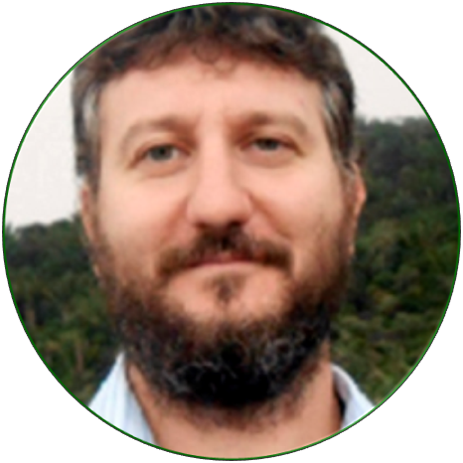
Professor Davide Rasella
Barcelona Institute of Global Health, ISGlobal, Spain
Davide Rasella is a social epidemiologist and head of the Health Impact Assessment (HIA) Group at ISGlobal. He has worked for nearly twenty years in public health of vulnerable populations in Latin America and Sub-Saharan Africa, ranging from field epidemiology in humanitarian emergencies to academic research on the effectiveness of public policies. During the last decade he has focused his work on quasi-experimental methods for retrospective impact evaluations, and on microsimulation and compartmental models to forecast and compare the effectiveness of alternative policy implementations.
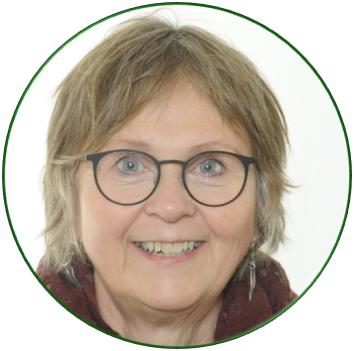
Arnhild Haga Rimestad
Norwegian Ministry of Health and Care Services
Arnhild Haga Rimestad is a nutritionist and has been working in the food and nutrition section of the Norwegian Ministry of Health and Care Services since 2014. Before that, she was Department director for the Department of Nutrition in the Norwegian Directorate of Health for several years. Arnhild’s main focus of work is to follow up on the Norwegian nutrition policies and Nordic collaboration related to nutrition and food security
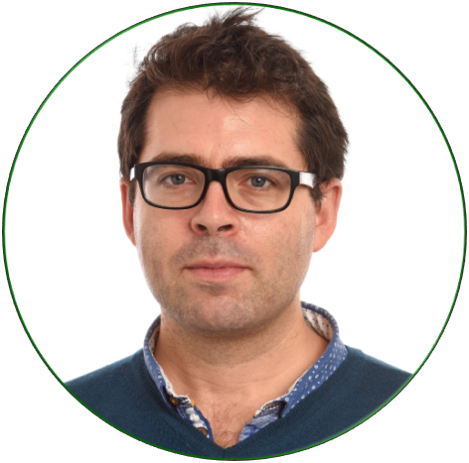
Oliver Robinson
Imperial College London
Oliver Robinson (M) is Lecturer in Molecular Epidemiology at the School of Public Health, ICL and a UKRI Future Leaders Fellow. He was previously the scientific coordinator of FP7 Helix project and has worked extensively in biomarker and child health studies. His current focus involves using metabolomics and epigenetics in cohort studies at all life-course stages to understand biological ageing processes and factors including nutrition and obesity that influence healthy ageing trajectories.
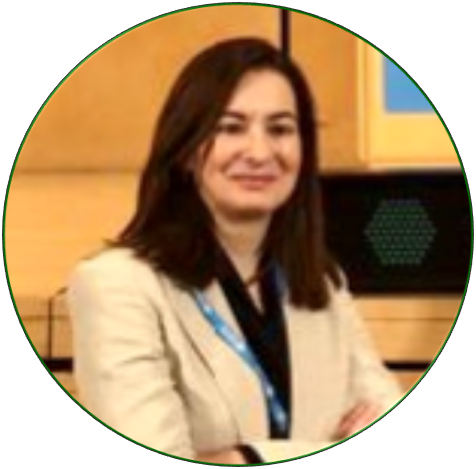
Almudena Rollán
Spanish Agency for Food Safety and Nutrition (AESAN)
Almudena Rollan has a degree in Veterinary Medicine and a Diploma in Public Health. Throughout her professional career, she has held different roles in areas related to food security and nutrition. She has also worked at the International Relations Unit of the Ministry of Health, coordinating the position of the Ministry in different international fora. Since 2021, she coordinates the Spanish Strategy on Nutrition, Physical Activity and for Obesity Prevention at the Spanish Agency for Food Safety and Nutrition. She is involved in the design, implementation and evaluation of different initiatives to promote healthy food environments and to reduce the prevalence of overweight and obesity in Spain.
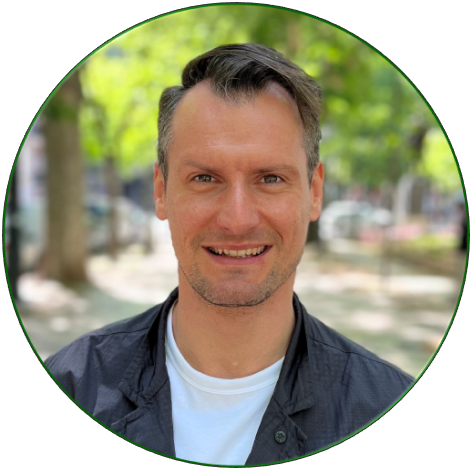
Eduard Romanenko
University of Oslo, Public Health in Nutrition Group
Eduard Romanenko is a system dynamics modeler who completed MPhil in system dynamics from the University of Bergen and currently has his PhD dissertation under evaluation there. Since 2020, Eduard has been working as a modeler/researcher in CO-CREATE project, specifically on simulation-based analysis of policies to reduce overweight and obesity among adolescents. Eduard’s research interests include systems approaches, quantitative modelling and data-based analysis as applied to public health issues.

Tamsin Rose
Senior Fellow for Health, Friends of Europe
Tamsin Rose has more than 20 years experience working in public health and citizen participation in Europe. Interested in systems approaches that link major societal challenges, for example, climate-health-energy and food transitions.

Ministerial Advisor at Ministry OF Social Affairs AND Health Finland, and University of Helsinki
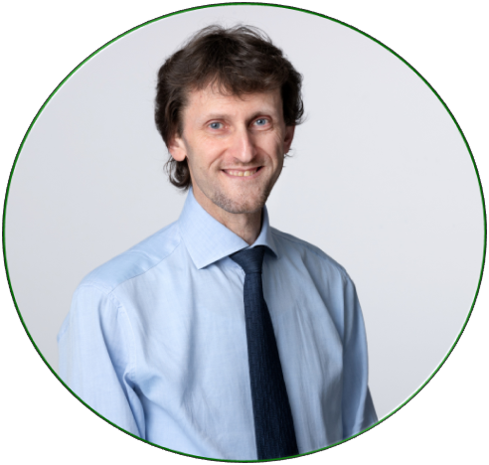
Professor Franco Sassi
Imperial College London

Michael Serneels
European Commission, DG EAC, Sport unit
Michael Serneels is a Senior Policy Advisor at the DG Education, Youth, Sport and Culture – Sport unit at the European Commission. Since January 2021 he works as a policy officer at the European Commission’s Sport Unit where he manage several files related to funding, data collection and evidence-based policymaking. With an academic background in physical education and political sciences he combines his interests and expertise in sport and physical activity with evidence-based policymaking. Health enhancing physical activity is a policy priority for the European Commission’s Sport Unit and relates closely to his personal past experiences as a teacher and fitness instructor in different settings. Policies’ efficiency and effectiveness are intriguing domains deserving particular attention. Public administrations ought to optimally use their resources in favour of citizens health benefits.
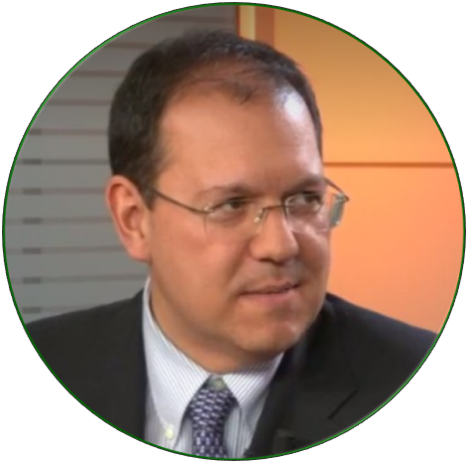
Dr Marco Silano
Instituto superiore Di Sanita, Italian Intitute of Health
Marco Silano is a MD with a Residency in Pediatrics and Senior Investigator and Head of the Unit of Human Nutrition and Health at Italian Institute of Health. He is Chair of the Scientific Board of the Italian Celiac Patients Association and Member of the Italian National Committee on Food Safety and Nutrition. In JA Best-ReMap, Marco Silano leads WP4.

Tiina Sirkjärvi
Finnish Institute for Health and Welfare (THL)
Tiina Sirkjärvi is involved in substance work packages of Best-ReMap including monitoring, marketing for children and food public procurement.
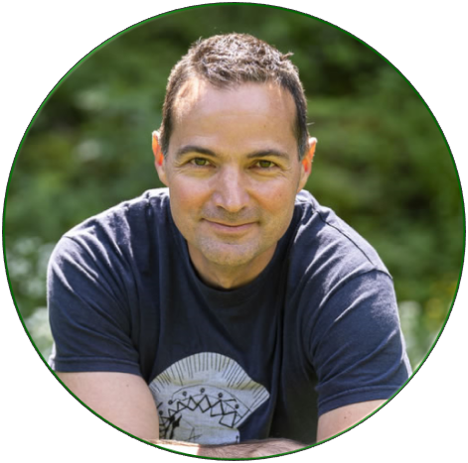
Dr Gregor Starc
Faculty of Sport, University of Ljubljana, Slovenia
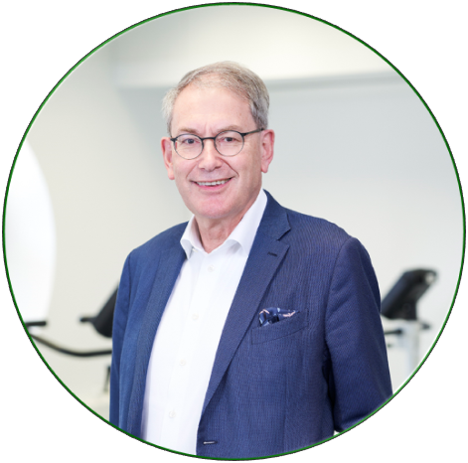
Dr Jürgen M. Steinacker
Ulm University, Sports and Rehabilitation Medicine, Ulm, Germany
Jürgen M. Steinacker is a Specialist in cardiology, sports medicine for cardiac and cancer patients, physiology and muscle biology. Large scale Populations based prevention: “Join the healthy boat”, deals with physical activity and healthy life style in primary school children in the state of Baden-Württemberg, currently 3000 teachers and 110.000 children. He is Chair of the European Initiative for Exercise in Medicine, Chief Editor of the German Journal of Sports Medicine. He authors over 366 original and review papers in peer reviewed journals,

Dr Harry (Yuexian) Tang
Imperial College London

Dr Mimi Tatlow-Golden
The Open University UK
Mimi is Senior Lecturer in Developmental Psychology and Childhood at The Open University. Her research specialises in children and young people’s well-being and rights. A key area of expertise is digital food marketing, on which she has collaborated with the World Health Organization and UNICEF for a number of years, authoring marketing monitoring protocols and multiple reports. She works extensively with European NGOs on digital food marketing including the European Public Health Alliance and the Irish Heart Foundation, and has been invited to present on unhealthy marketing issues at over 40 events on 4 continents.

Adjunct Professor Hanna Tolonen
Finnish Institute for Health and Welfare (THL), Finland
Adjunct Professor (public health) Hanna Tolonen has a PhD in public health and epidemiology, MSc in Statistics. She is working as a Director of the Research Programme on Challenges and Solutions to Population Health and Welfare in the Finnish Institute for Health and Welfare (THL). She is a vice-president of the European Public Health Association (EUPHA) section on Public Health Monitoring and Reporting. She has worked over 20 years in the field of health information, especially on standardization of health examination surveys.
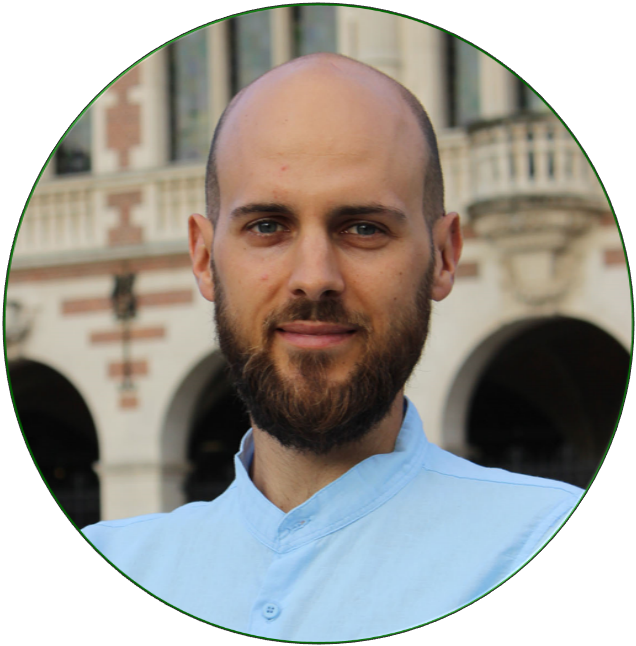
Samuele Tonello
EuroHealthNet
Samuele Tonelloworks as a Research and Policy Officer at EuroHealthNet since July 2021. He is part of EuroHealthNet research platform, where he focuses on enhancing associate members’ knowledge related to EU policy processes and instruments, while also cooperating with the Policy platform to help ‘translate’ EU policies into researchable actions and to facilitate scientific excellence of EuroHealthNet’s outputs. Before joining EuroHealthNet, Samuele worked as a Researcher in Political Science and as a Lecturer Assistant at Victoria University of Wellington, New Zealand, where he focused on democratic theory, social and economic inequalities, and class conflict. He holds a B.A. and a M.Sc in Sociology from the University of Trento, Italy, and a PhD in Political Science at the Victoria University of Wellington.

Maxime Tranchard
Paris-Saclay University; INRAE
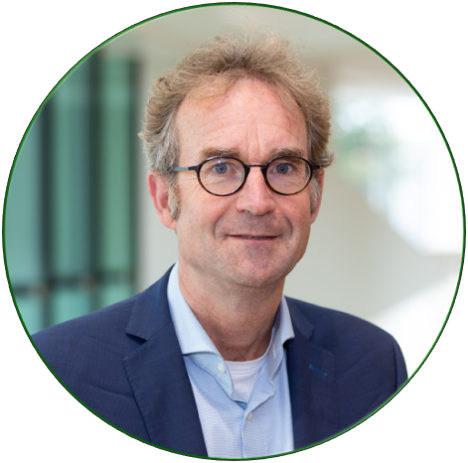
Professor Frank van Lenthe
Erasmus MC Rotterdam

Dr Stefanie Vandevijvere
Sciensano
Dr Stefanie Vandevijvere is a senior public health nutrition scientist and her research focuses on nutrition policies for obesity prevention locally, nationally and globally. Her work aims to support the development and implementation of policies to effectively and equitably improve the quality of population diets. In particular she has an interest in the role of food environments in determining people’s dietary habits and how to hold governments and food businesses to account for their actions to create healthy food environments to effectively reduce obesity.She is a member of the leadership team of the International Network for Food and Obesity / non-communicable diseases Research, Monitoring and Action Support (INFORMAS), which aims to monitor, benchmark and support public and private sector actions to create healthy food environments and reduce obesity and non-communicable diseases. She is leading the implementation of the Healthy Food Environment Policy Index (Food-EPI) to measure extent of implementation of recommended actions to create healthy food environments by governments internationally.
She holds a PhD from the Université Libre de Bruxelles (2012). She is also affiliated with Wageningen University and Research (Chairgroup Global Nutrition) and the University of Auckland (New Zealand). She has more than 180 peer reviewed publications.
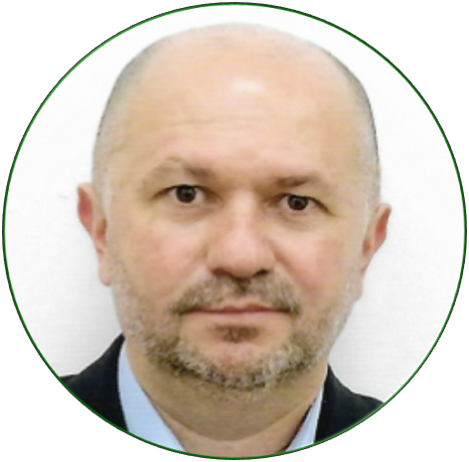
Dr Israel Vieira
Imperial College London
Israel Vieira is a Senior Software Engineer working on the design and implementation of stochastic simulations models at the Imperial College Business School. He is current developing a policy simulation tool as part of the STOP project, which will simulate the impacts of a range of interventions tackling the obesity epidemic across Europe. Israel has a PhD in Operation Research and an MSc in Software Engineering, his interests are on simulation modelling, software craftsmanship, distributed software systems, motorsport racing strategy, healthcare services planning, and rambling in the countryside.

Karine Vin
Anses Best-ReMaP
Engineer in food science, Karine Vin has been working for more than 13 years in food safety and nutrition at the French agency for food, environmental and occupational health and safety (Anses). She is now responsible of the Oqali project in France and is in charge of the coordination of the work package dedicated to food reformulation and food monitoring for Best-Remap. She previously managed the workpackage about food reformulation prompting during the Janpa joint action

Dr Ioana Vlad
World Cancer Research Fund International
Ioana Vlad is Policy Research Manager at World Cancer Research Fund International, where she is collaborating on the CO-CREATE project and specifically working on monitoring and benchmarking nutrition and physical activity policy environments in Europe. She has a PhD in public health policy from London School of Hygiene and Tropical Medicine.

Kevin Volf
University of Limerick, Ireland
Kevin Volf is a graduate student and a research assistant on the Policy Evaluation Network (PEN) project. Kevin graduated from the University of Limerick’s Sports Science programme with an Honours degree in 2017. Kevin was accepted into the Health Economics, Policy and Management programme at Karolinska Institutet in Sweden, graduating with a Masters in Medical Management in 2019. While undertaking his studies at Karolinska Institutet, Kevin worked as a research assistant on the Move for Life programme; a programme developed to increase physical activity in older adults. Kevin’s research interests include policy implementation evaluation and physical activity promotion.

Karen Watson
Imperial College London
Karen E. Watson specialises in understanding how data, communications and culture can be deployed to create demand and desire for change. She has an understanding of how norms are formed and influenced, especially by policy and popular culture. She is a proved strategic communications executive with a background informed by a deep experience as a journalist, public policy advocate and corporate executive at the world’s largest market research firm. She works as a consultant to business, government, social enterprise, multi-lateral organizations, advocacy groups and academics on the combined use of grassroots techniques, market research and policy patterns to create organizational change. As founding Managing Director, Watson established a business vertical at Nielsen to sell data, analytics and solutions to the government and public sector in order to match the interests of public policy entities, domestic and global, to Nielsen’s broad array of information and services. She was the primary driver and strategist behind the innovative “Drink Up” project, a national public health campaign to encourage Americans to drink more water. Prior, she was Chief Communications Officer at Nielsen. Savoy Magazine named her one of the 100 Most Influential Black business executives in America. Watson has more than 30 years of experience in policy, public affairs, government relations, media and marketing. As head of the public policy office for Echostar, during the introduction of satellite TV, she advocated for competitive choice for consumers. As chief communications officer for the FCC during the mid 90’s, she translated complicated communications policies during the revision of the 1930 Telecommunications Act, Watson’s early career was as a journalist for PBS, National Public Radio and The MacNeil/Lehrer Report. Watson is also a visiting researcher at Imperial College Business School in London, where she works at The Centre for Health Economics and Policy Innovation. She has lectured graduate students at McGill University, Oxford University, Tufts Friedman School of Nutrition Science and Policy, and Columbia University. She has served as a delegate to the Organization of Economic Cooperation and Development (OECD) and as an expert witness to the World Health Organization (WHO). She is an investor in Farmer’s Fridge and an executive board member of The Center for Good Food Purchasing, the Gold Foundation and an advisory board member of several food and tech startups. She also advises Esther Dyson’s Wellville initiative and the Obama Foundation’s effort on Civic engagement.
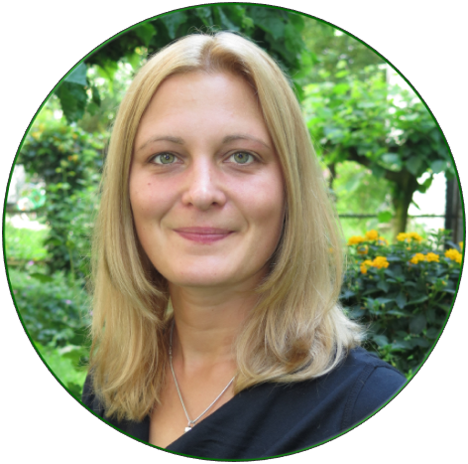
Janine Wendt
University Hospital Ulm, Department of Internal Medicine, Division of Sports and Rehabilitation Medicine, Germany
Janine Wendt is a health scientist and epidemiologist working as a PhD student at the University Hospital in Ulm, Germany. As part of her doctoral research, she investigates barriers and facilitators to the implementation of health promotion policies in the school setting. At PEN she is involved in the working groups WP6 "Policy in practice" and WP4 "Policy implementation evaluation", where she has conducted e.g. stakeholder studies using the "Theory of Change" approach.
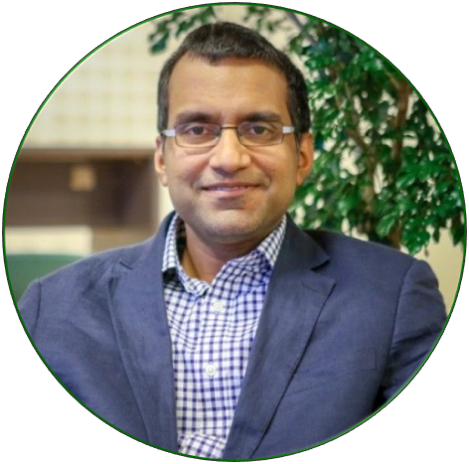
Dr Kremlin Wickramasinghe
WHO European Office for the Prevention and Control of Noncommunicable Diseases
Kremlin is the Acting Head, WHO European Office for the Prevention and Control of Noncommunicable Diseases which is an integral part of the Division of Country Health Programmes, WHO Regional Office for Europe. He also leads the Nutrition, Physical Activity and Obesity Programme which is responsible for providing support to the 53 Member States of the WHO European Region on the implementation of the European Food and Nutrition Action Plan & the Physical Activity. Prior to this position he worked as a Technical Officer on Noncommunicable Diseases (NCD) Risk Factors, since 2017 in the same office. Before joining WHO, he was a researcher and the co-director of the WHO Collaborating Centre on Population Approaches to NCD Prevention at the University of Oxford, United Kingdom. He co-edited the text book “An Introduction to Population-level Prevention of Non-Communicable Diseases” published by the Oxford University Press. He has a special interest in multisectoral responses to health promotion, quantifying the outcome of health policiesand implementation research. Kremlin graduated as a medical doctor with MBBS from the University of Colombo. He holds an MSc in Global Health Science and a DPhil (PhD) in Public Health from the University of Oxford.

Professor Catherine Woods
Physical Activity for Health Research Cluster, Health Research Institute, Department of Physical Education and Sport Sciences, Faculty of Education and Health Sciences, University of Limerick, Limerick, Ireland

Professor Hajo Zeeb
Leibniz Institute for Prevention Research and Epidemiology – BIPS, Germany

Mashid Zolfaghari
University of Oslo, Norway
Get to know the project coordinators and panellists of the main plenary session here
Get to know the symposium speakers A-M here

